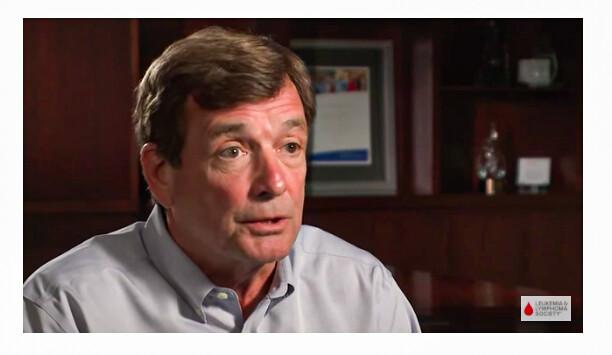Researchers of a new study say that two patients with leukemia continued to be in remission a decade after they were first infused with the experimental CAR T-cell therapy that turned their immune cells into cancer-killing cells.
In 2010, Doug Olson and Bill Ludwig, participated in an experimental phase 1 clinical trial of the immunotherapy, after their cancer had mutated and no longer responded to the standard treatments. Both were battling chronic lymphocytic leukemia (CLL), a type of blood and bone marrow cancer. Olsen was diagnosed in 1996 and Lugwig in 2000.






